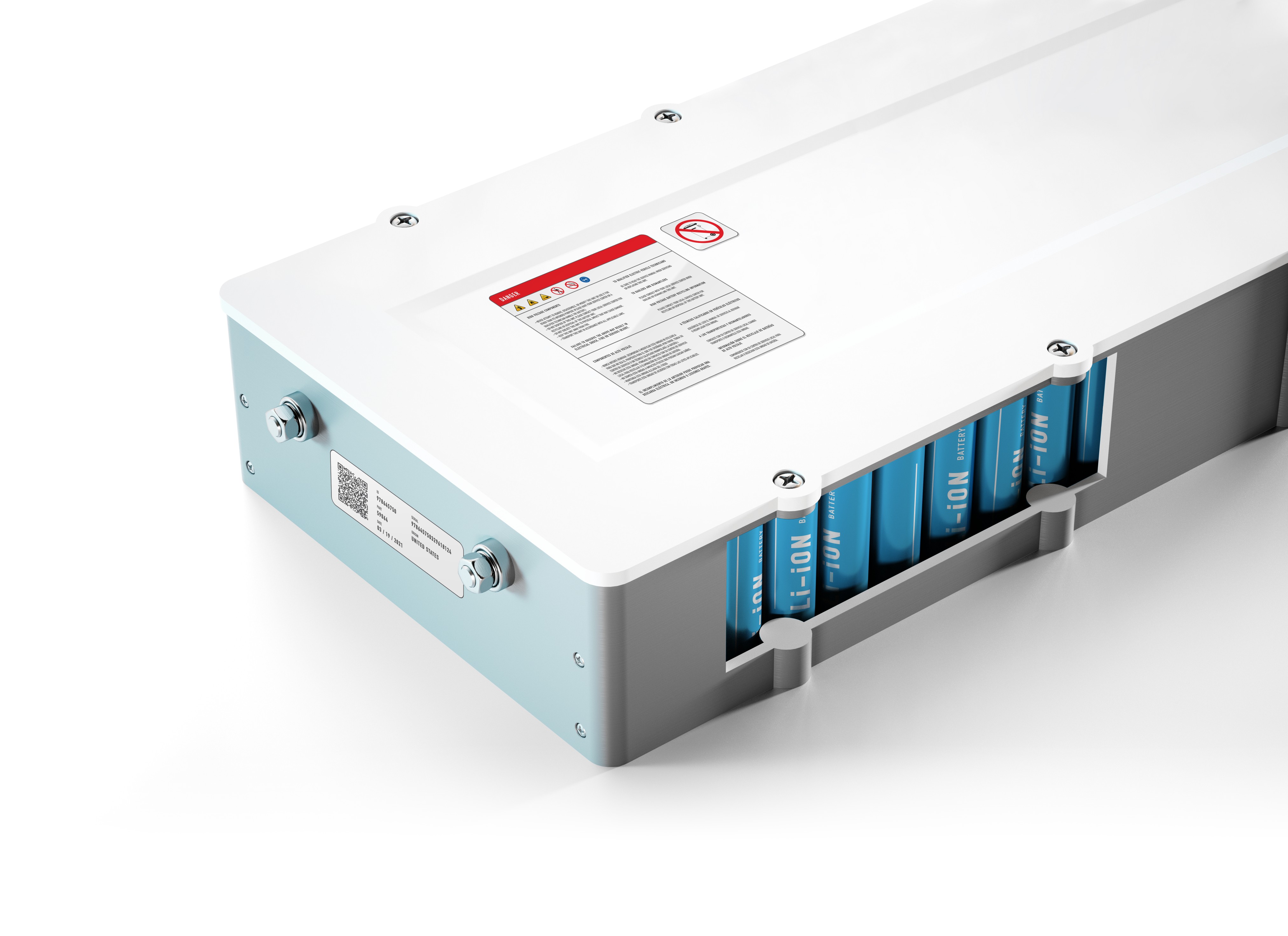Electric vehicles are poised to take charge
Pressure-sensitive adhesive tape constructions are helping solve some of the industry’s most vexing Electric Vehicle (EV) challenges.
Way back in 1886, a German engineer named Karl Benz began commercial production of the first cars with gasoline-driven internal combustion engines (ICE). Since then, automotive styling has changed dramatically, and technology has evolved to make cars safer, more reliable, faster, and more efficient.
But in many essential ways, today’s ICE vehicles are the direct descendants of the earliest gasoline-powered cars: four wheels (Benz’ actually had three, but four eventually became the standard); steering and braking controlled by mechanical or hydraulic linkages; and at their heart, engines that create power from dozens of explosions of fossil fuel vapor and oxygen every second.
We are now entering an era in vehicle development that truly changes the definition of the automobile. Cars are no longer undergoing an evolution, but a revolution. More drivers are taking a pass on the ICE in favor of electric motors powered by state of the art battery packs. It has been just 12 years since Tesla introduced its first Roadster model (one of which is now orbiting the sun, intersecting the orbits of Earth and Mars), and electric vehicles are about to go mainstream.
"What lies beyond is a future where electric cars are the default and gasoline-powered cars are relics of a carbon intensive past."
We have kept our eyes on the EV space for many years, because we know it is one that will provide tremendous opportunity to converters and others working with high-performance, pressure-sensitive adhesive tapes. More on that in a bit.
What is the opportunity for pressure-sensitive tapes and adhesives?
Whether or not you are excited about the passage into history of the ICE, the fact remains the converting and tape industry is really poised to grow with the EV revolution.
EV batteries have a range of applications for converted, pressure-sensitive materials that enable those packs to be more efficient, safer and easier to assemble. In fact, pressure-sensitive materials are suited for providing solutions for some of the most vexing challenges that have faced battery pack manufacturers as they have raced to improve their technology.
We have identified several specific EV battery applications that are primed for converted, pressure-sensitive materials:
- Cell-to-Cell Bonding — Materials that provide structural integrity in pouch and/or prismatic battery cells
- Thermal Runaway Protection — Materials dedicated to the prevention of thermal runaway events in which a domino effect of fire spreading from cell to cell can occur
- Flexible Busbars — Flexible, printed circuits that require electrical insulation and flame resistance
- Thermal Interface Materials (TIMs) — Materials that assist with battery module cooling
- Electrical Insulation — Electrically insulative materials throughout a battery pack
- Compression Padding — Materials to protect individual cells from damage caused by impact, movement, or swelling
- Pack Seal and Gasketing — Materials to create watertight seals between battery casings and rubber gaskets
These applications all have varying requirements for factors such as dielectric strength, flame retardancy, bond strength and more. Composites made with foams, fibers, films and pressure-sensitive adhesives are thus being used for temperature control, flame barriers, electrical insulation, cushioning and bonding of battery pack components.
And besides offering the specific properties needed for these applications, these materials are easy to apply/ assemble, provide a slim profile, and a continuous bond across a large surface area. They are also generally lighter than mechanical fastening systems — important in an industry that is looking for ways to reduce battery pack and overall vehicle weight.
A long history, a bright future
Avery Dennison has a long history in the automotive industry. Since the inception of our Performance Tapes business unit in the 1960s, our Automotive Portfolio has evolved with solutions for a wide range of applications — applications that have evolved with vehicles themselves. We have worked (and continue to work) closely with OEMs, tier suppliers, and converters to understand engineering challenges, design requirements and growth opportunities. And we have collaborated with these parties to develop effective and reliable solutions.
As proud as we are of this history, we are even more excited about the industry’s future. So it follows that we are staying in step with the industry as it undergoes this EV revolution.
We welcome a leadership role in helping the industry adopt pressure-sensitive adhesive tapes to EV applications. Our EV battery portfolio will grow over time, and change as the needs of the industry change. The bottom line is that you can count on Avery Dennison to provide the solutions you need, when you need them.
Learn more about our EV Battery Portfolio at tapes.averydennison.com/evbattery.
